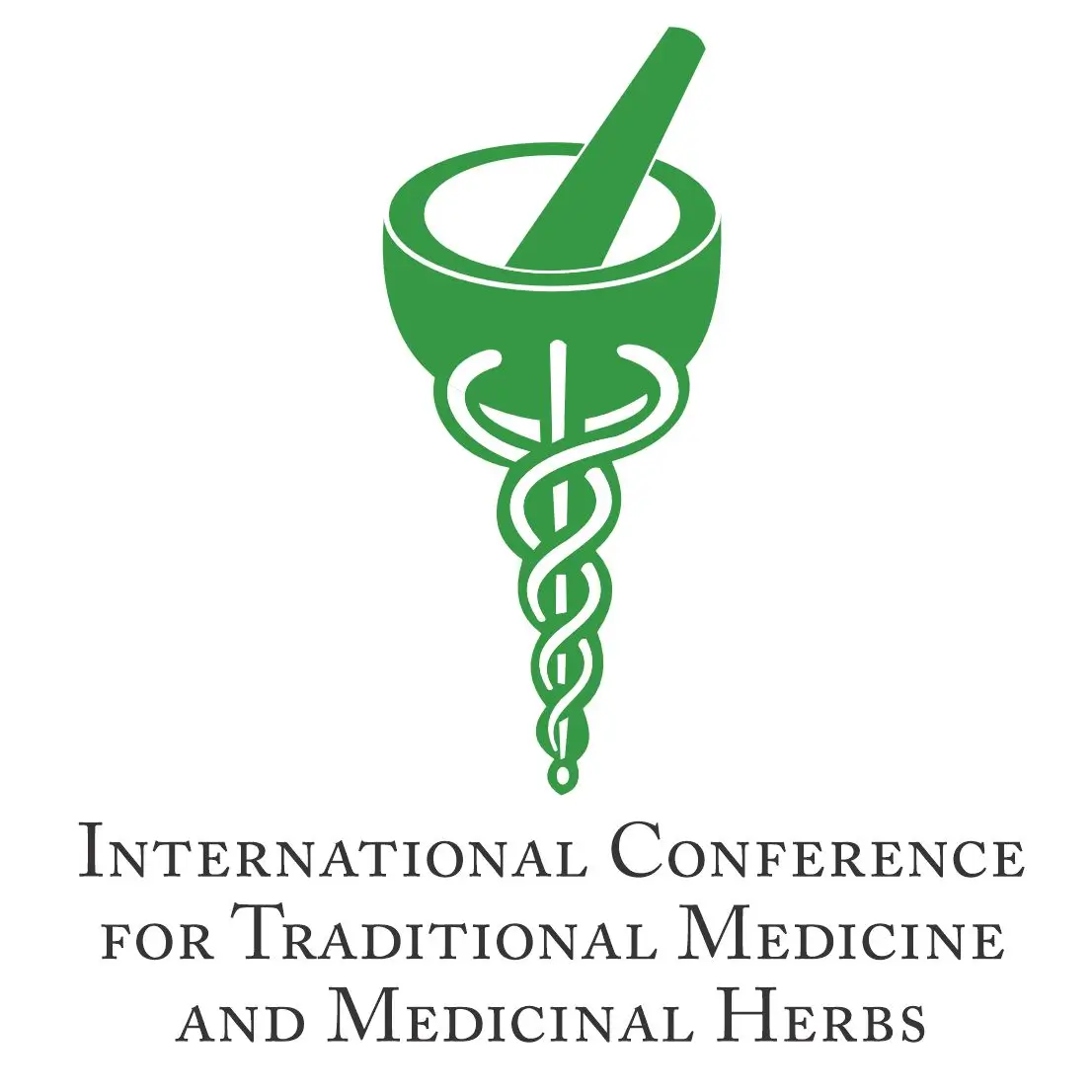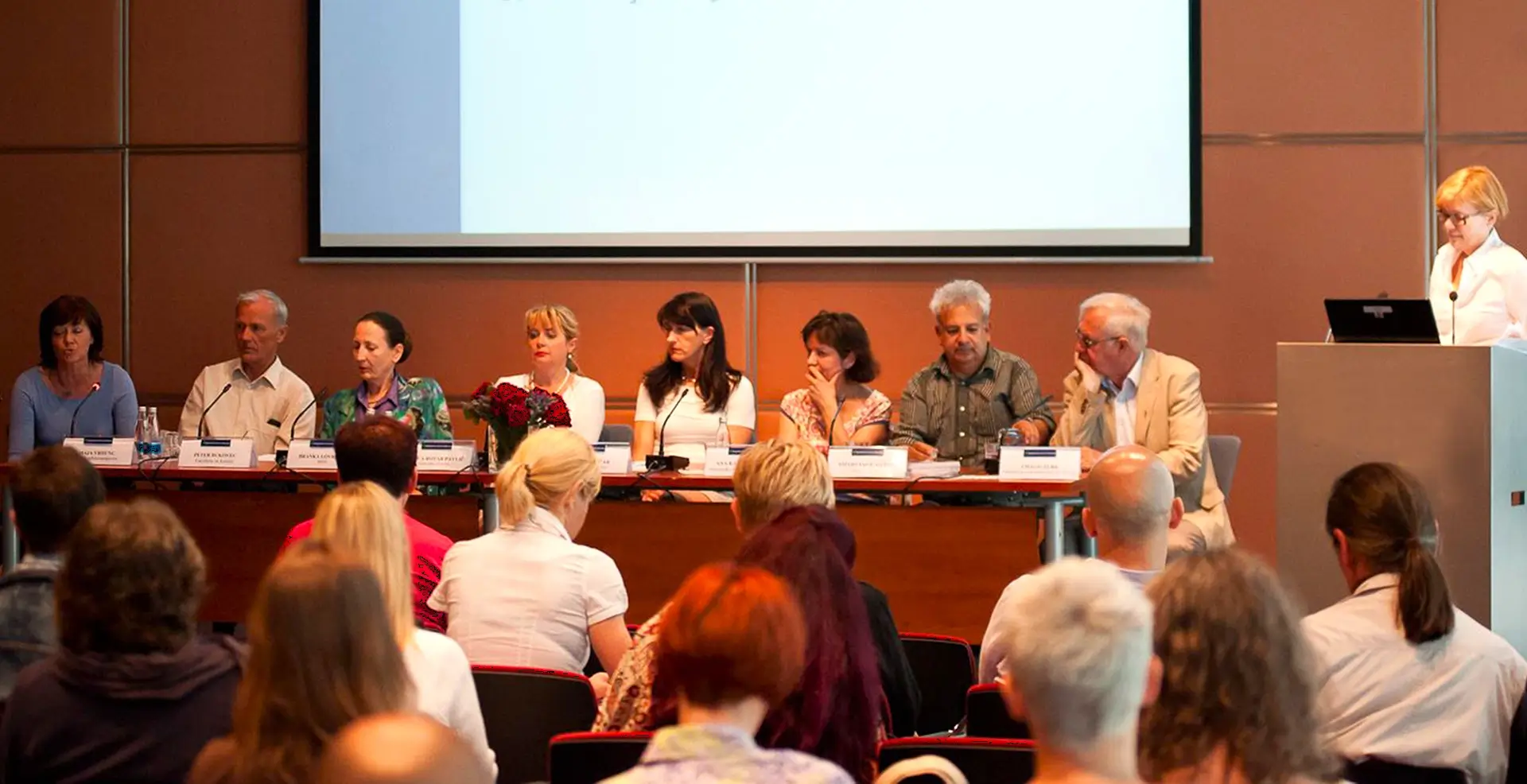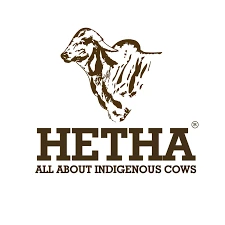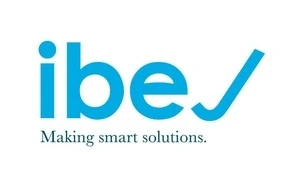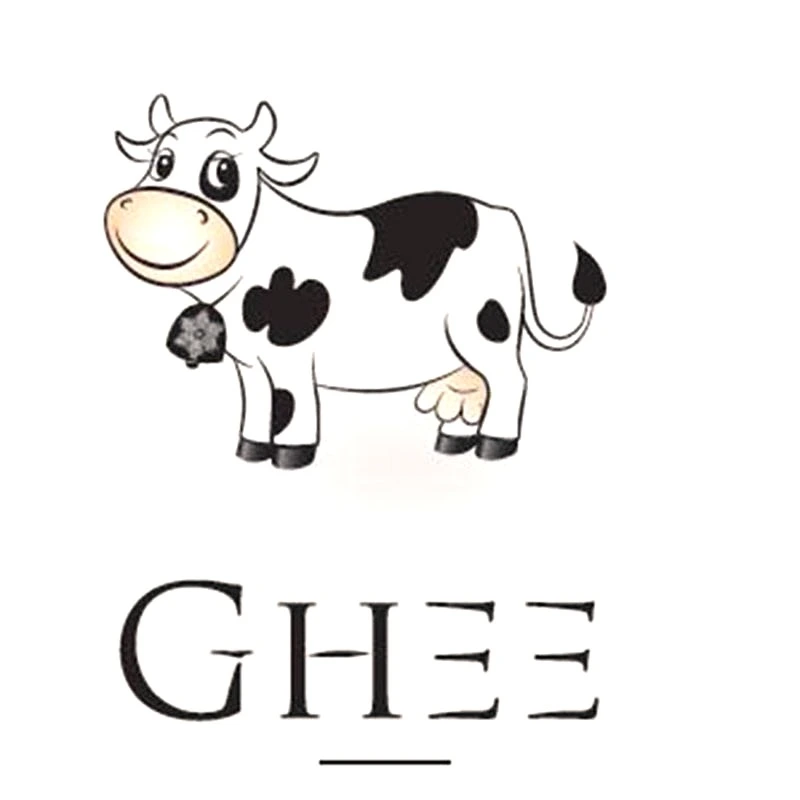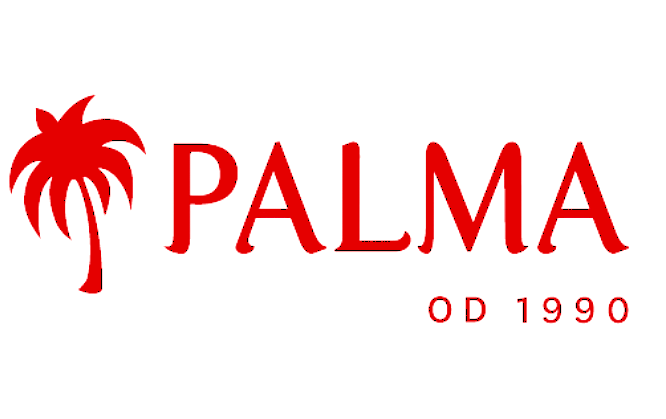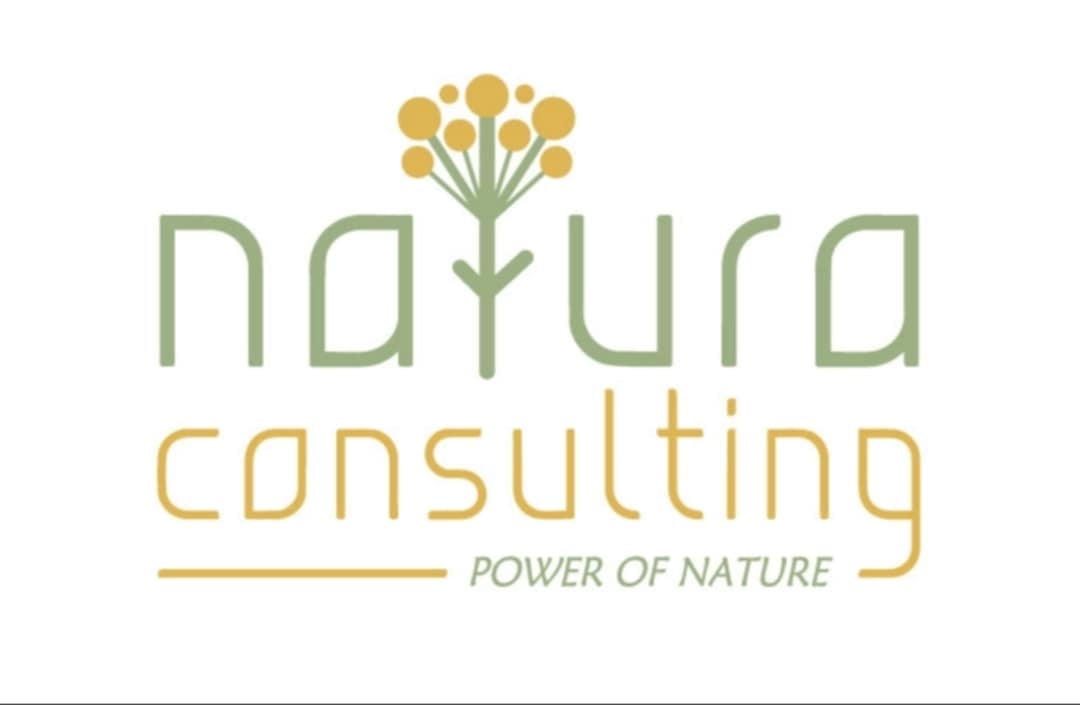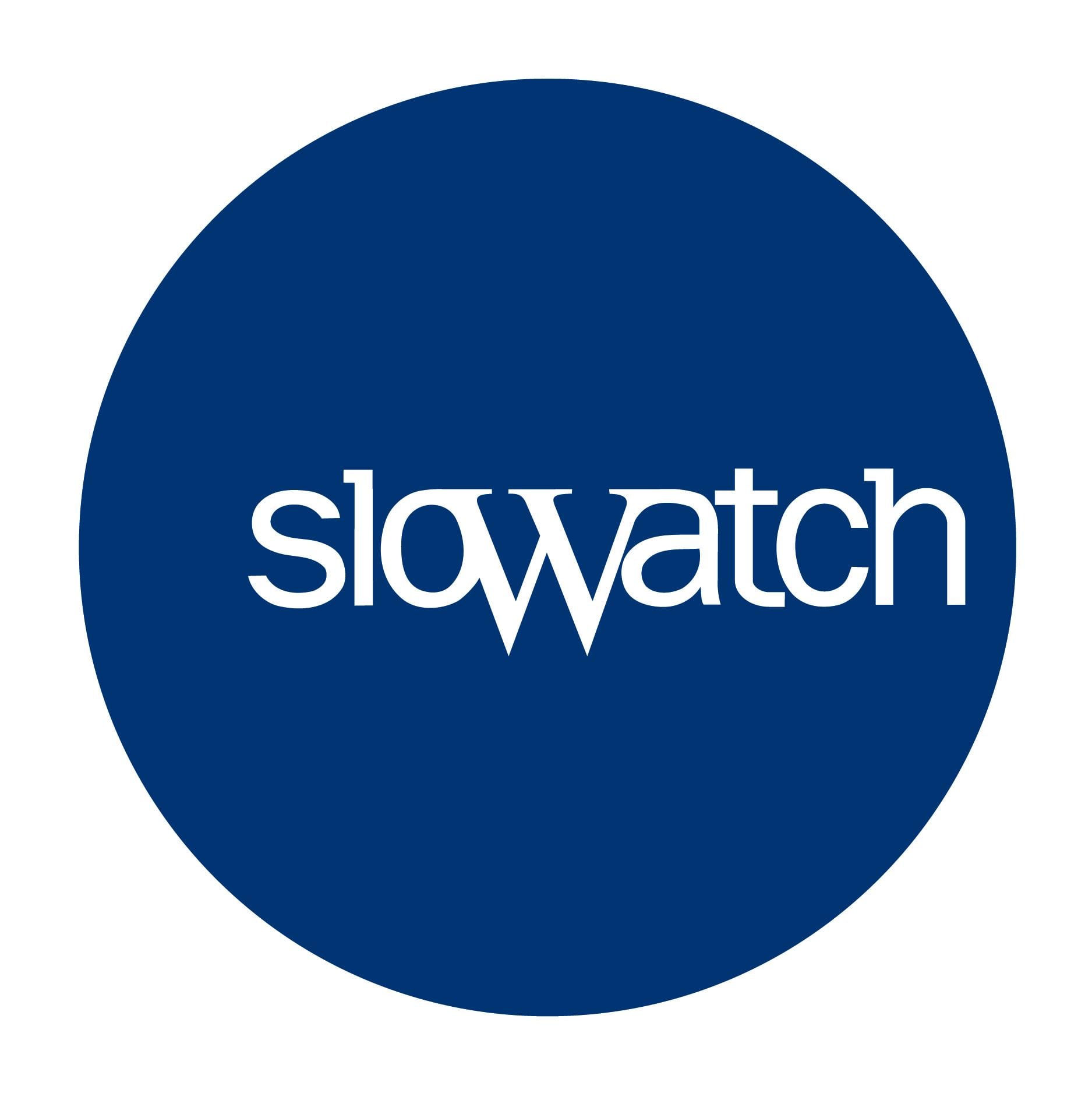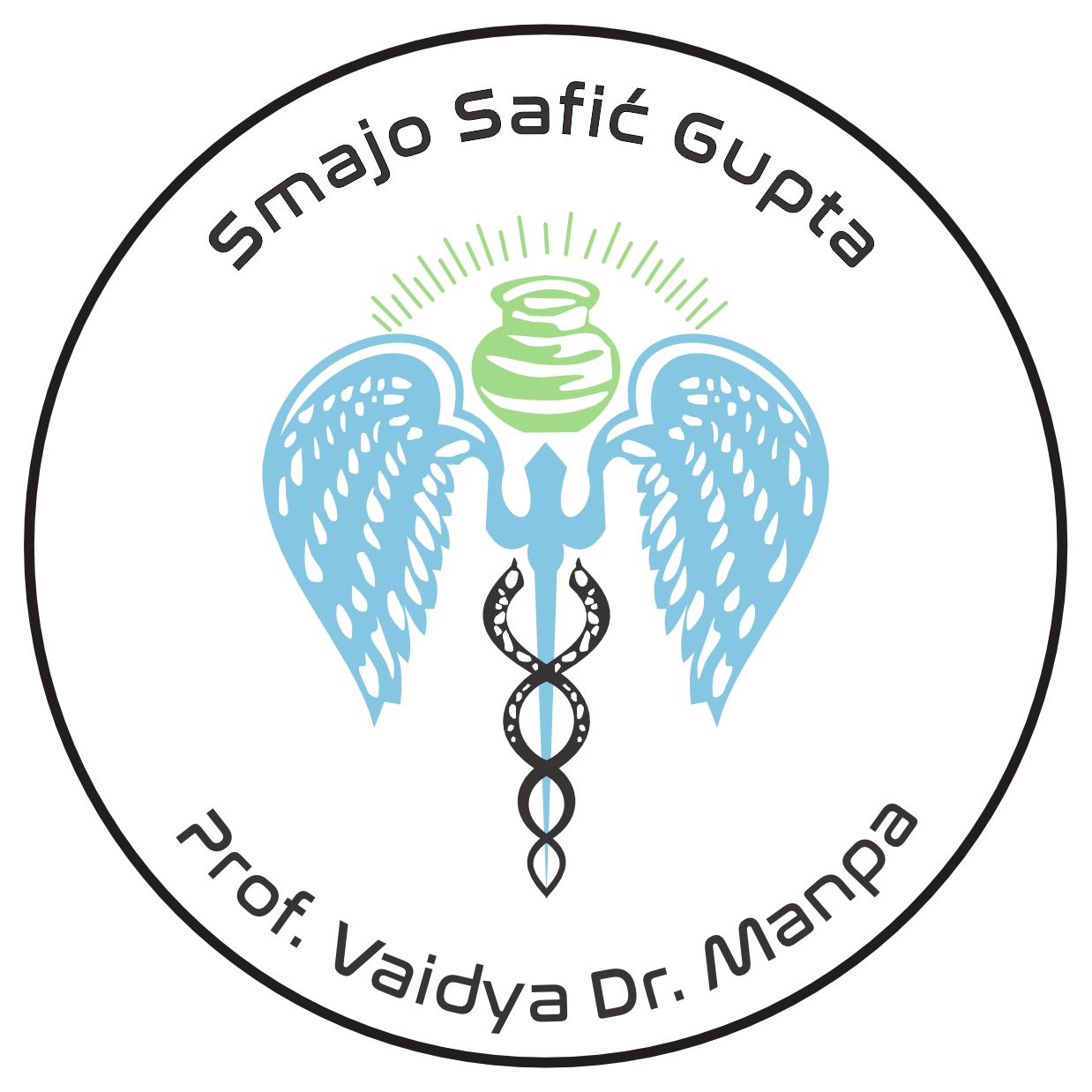Welcome to the International Conference on Traditional Medicine and Medicinal Plants, organized by the Ayurveda Institute, Ayur Ashram. This conference warmly welcomes all individuals and institutions practicing or promoting Traditional, Complementary, and Integrative Medicine (TCIM) across European countries, including: Albania, Andorra, Austria, Belgium, Belarus, Bulgaria, Bosnia and Herzegovina, Croatia, Cyprus, Czech Republic, Denmark, Estonia, Finland, France, Greece, Germany, Hungary, Ireland, Iceland, Italy, Kosovo, Latvia, Liechtenstein, Lithuania, Luxembourg, Malta, Montenegro, Moldova, Monaco, Netherlands, Norway, Poland, Portugal, Romania, Russia, San Marino, North Macedonia, Slovakia, Slovenia, Serbia, Spain, Sweden, Switzerland, Turkey, Ukraine, the United Kingdom and Northern Ireland — and of course, from the leading countries in TCIM: India and Tibet.
Objectives of the Symposium – To highlight TCIM as a vital asset in preventive healthcare across Europe
This International Conference on Traditional Medicine and Medicinal Plants is closely connected with the rapidly growing field of medical tourism, a significant and expanding market — particularly in natural environments such as coastal and mountainous regions. The rising number of people seeking healthcare services abroad reflects a global trend. Asia, for instance — particularly Kerala, India, with its renowned Panchakarma program — has emerged as a hub for medical tourism, attracting many international health seekers and generating substantial economic benefits. The concept of healing through travel also dates back to ancient Greek mythology, where deities such as Asclepius and Hygeia were worshipped as guardians of health and medicine. However, establishing a clear picture — including metrics like the number of arrivals, overnight stays (both emissive and receptive), and financial impact — remains challenging due to the lack of international standards for statistical monitoring of medical tourism. The available public data largely depends on differing methodological approaches, as well as the quality of therapeutic programs, personnel, facilities, and the natural characteristics of destinations. For those of you who are already involved in medical tourism, we warmly welcome you. Welcome to the Conference to encourage improvement even more jointly, so that your services are more visible, professional and commercially successful.
Welcome to the Mission of WHO and AYUSH Advocating for the TCIM Strategy
The WHO Traditional Medicine Strategy 2025–2034 (EB156/16 – A78/4 Add.1) envisions a world in which everyone has universal access to people-centred Traditional, Complementary, and Integrative Medicine (TCIM), contributing to the highest attainable standard of health and well-being. This strategy promotes the integration of TCIM into national health systems in a way that is evidence-based, culturally respectful, and aligned with sustainable development goals.
Over the next decade, the Strategy will focus on four strategic objectives:
- Strengthening the evidence base and registries for TCIM.
- Supporting the provision of safe and effective TCIM through appropriate regulatory mechanisms.
- Integrating safe and effective TCIM into health systems.
- Optimizing the cross-sector value of TCIM and empowering communities.
Guiding Principles for Implementation (Nine Core Values):
- Evidence and registry base.
- Holism and health.
- Sustainability and biodiversity.
- The right to health and autonomy.
- Indigenous Peoples’ rights.
- Culture and health.
- People-centred care and community engagement.
- Integrated health services.
- Health equity.
The strategy also emphasizes the importance of protecting traditional knowledge and promoting the responsible use of natural resources. WHO will support member countries through technical assistance, standards development, and coordinated implementation and monitoring. As well National Commission for Indian System of Medicine (NCISM), is works to improve access to quality and affordable education and services in: Ayurveda, Yoga, Naturopathy, Unani, Siddha, Homeopathy, and Sowa-Rigpa (AYUSH).
Its long-term goals include:
- Promoting equitable and universal healthcare through a community-based approach.
- Making medical services accessible to all citizens.
- Encouraging professionals to adopt and contribute to the latest medical research.
- Objectively evaluating and rating medical institutions in a transparent manner.
- Maintaining a National Medical Register for India.
- Enforcing high ethical standards in all aspects of medical services.
- Providing an effective grievance redressal mechanism.
AYUSH and WHO A shared vision for TCIM professional mission – AYUSH and WHO work together aim to
- Improve access to high-quality, affordable medical education.
- Promote universal healthcare with a strong community health perspective.
- Maintain comprehensive medical evidence and registries.
- Enforce ethical standards in medical services.
- Create flexible education systems that respond to evolving needs.
- Ensure accessible grievance mechanisms and responsive governance.
Traditional, Complementary, and Integrative Medicine (TCIM) has long been respected throughout Europe
Complementary medicine works alongside conventional medical care, often enhancing the effectiveness of traditional treatments. But the big question remains: Are these treatments covered by health Insurance? As alternative therapies gain popularity, many wonder if their health Insurance plan will help cover the cost. Let’s explore at the congress how Insurance handles these treatments and what patients can expect when seeking coverage. During the Conference on Traditional Medicine and Medicinal Plants, we will unite in support of the WHO–AYUSH collaborative mission, with the following commitments:
- For each individual European country, a dedicated national committee or leadership team will be established to strengthen the cross-sectoral value of TCIM and empower local communities — especially by enhancing and managing the evidence base and registry systems related to TCIM.
- In the first year, the main tasks will include: Supporting the development and maintenance of medical evidence and registries.
- Enforcing high ethical standards in all aspects of TCIM-related medical services.
- In the following year, the focus will shift to: Establishing systems that improve access to high-quality and affordable TCIM education.
- Organizing joint lectures and workshops for healthcare professionals from Western Medicine (in line with WHO standards), delivered by experienced experts (highly qualified personnel) from TCIM and AYUSH: The goal is to promote awareness, collaboration, and integration between different medical systems, enhancing public health outcomes and encouraging healthcare workers to adopt the latest medical research into their daily practice.
- Through continued collaboration between WHO and AYUSH, we aim to: Build a flexible and adaptive medical education system that responds to evolving needs.
- Establish an effective grievance redressal mechanism for all TCIM-related matters. Establishing professional standards for TCIM providers, within the the Insurance company, for the joint operation of therapeutic services available to the public.

Smajo Safić Gupta, Prof. Vaidya Dr. Manpa
Institute of Ayurveda, Ayur Ashram (co/founder and leadership)

My mission is to organize an International Conference on Traditional Medicine and Medicinal Plants each year, with the aim of addressing the “integration gap in Europe” — that is, improving awareness, communication, and participation between practitioners of Western medicine (including WHO-affiliated professionals) and experts in Traditional, Complementary, and Integrative Medicine (TCIM). The Eastern view of medicine is also grounded in a recognition that all phases of the food cycle has to be considered when getting to the root of our medical problems – from how the food is cultivated and the quality of its surrounding elements, to the energy and intention of how it is transported, prepared and served, and finally, consumed and processed in our bodies. One of the key objectives of the Conference is to promote knowledge exchange and facilitate the implementation of TCIM practices for the benefit of individuals and communities in their local environments. Another important goal is to raise awareness of the professional relationship between TCIM and conventional medicine in support of better public health. This is especially important for TCIM users, who may feel hesitant or anxious — due to social anxiety or glossophobia (fear of speaking) — to talk openly with Western-trained healthcare professionals about their use of traditional medicine. The ultimate aim of the Conference is to support and expand the shared goals of WHO and AYUSH, with particular emphasis on: Strengthening the evidence base and registry systems for TCIM in Europe; Encouraging respectful collaboration between diverse medical systems; and creating a safe, inclusive, and emotionally supportive environment where all participants — regardless of background — feel welcome, heard, and respected. You are welcome — when we allow ourselves to recognize and accept our own emotions, we create the conditions for genuine connection and mutual respect.
Medicinal plants inspire us, spark creativity, and reveal new aspects of life. They also support our health when our inner balance becomes unstable. To find them, we turn to nature and increasingly recognize the deep unity between humans and the natural world. In this way, plants become trusted companions that we learn to value and rely upon. At a time when many of us are realizing that physical and emotional health are our greatest assets, it is especially important that people gain access to knowledge about the diverse benefits of medicinal plants. Indeed, there is almost always “an herb for it” when we seek support for various symptoms, illnesses, or mood disturbances. Our inner healing capacity can resonate with the right medicinal plant — its taste, aroma, appearance, and even its natural properties can guide us toward health, which is the foundation of joy in Life.
It is therefore essential to rebuild trust in the wide range of beneficial compounds provided by the fascinating realm of Traditional, Complementary, and Integrative Medicine (TCIM). For this reason, we welcome the opportunity to explore many aspects of the “Green Pharmacy” at the upcoming Conference. The role of the lecturer, as organizer of the Conference, is to present all aspects of health that are naturally supportive of human well-being — above all, the importance of prevention, learning, and practical guidance for a healthy and vital life. Through the Conference program, awareness will be raised, and participants will be directed to:
- Opportunities for education in Traditional, Complementary, and Integrative Medicine (TCIM) include university degree programs, continuing education courses, workshops at international congresses, and the integration of TCIM into conventional medical curricula through competency frameworks and interdisciplinary collaboration. These avenues offer both formal and informal learning experiences, covering aspects from research methods and open science practices to patient engagement and the core principles and practices of various TCIM modalities.
- Sources of information about Traditional, Complementary, and Integrative Medicine (TCIM) include global information sources about (TCIM) services available in their local area, provided by to them highly qualified professionals focused on people’s health and well-being.
- Traditional, Complementary, and Integrative Medicine (TCIM) offers benefits by providing holistic healthcare options rooted in natural resources, promoting autonomy and empowerment in health decisions, and supporting biodiversity through sustainable practices and cultural respect for traditional knowledge. However, potential negative impacts on nature can arise from over-reliance on specific medicinal plants and unsustainable harvesting practices. The diverse impact of TCIM on both people and nature (including manufacturers and providers who promote vitality, sustainable health, and the well-being of society). For people, integration challenges include ensuring safety, quality, and standardized practices, while ensuring fair access and equitable benefit-sharing for traditional knowledge holders is crucial.
Donor Opportunities
Funding opportunities for Partnership Opportunities in International Conference on Traditional Medicine and Medicinal Plants. Strengthen your mission and business among Conference attendees – more than 50 countries from Europe and other countries from Asia and Persia will participate. One of the primary reasons participants attend Conference is to connect and build professional and business networks with others from around the world. Discover the different types of your funding and Set Goals. Your Opportunity to Support, Engage, and Gain Visibility:
- Welcome Package Insertion: €200. You are welcome to include a leaflet (booklet), brochure, or branded item in the welcome package that all participants receive upon arrival.
- Promotional On-Site Visibility: €300. Your materials (brochures, flyers, etc.) may be displayed near the registration desk and in breakout session areas, ensuring high visibility throughout the event.
- Brand Logo Identification Online: €1,000. Your brand logo will appear on the official conference website, along with a direct link to your own website / the organization. The brand logo remains on the website for the whole year, with the possibility of renewal for the next Conference event – it is important that the partner at Conference can “Free of Charge” participate in the insertion of Welcome Package Insertion and Promotional On-Site Visibility.
- Direct contact with leading experts and other TCIM participants: €2,000. Set up your exhibition space at the event – a foldable stand with shelves, maximum dimensions 200×80 cm. This is your opportunity to establish direct connections and gain new business contacts. In addition, your logo / brand will receive Free advertising on our website for an entire year from the date of agreement for this mutually beneficial collaboration.
Who can be a Donor?
We welcome all individuals and institutions practicing or promoting Traditional, Complementary, and Integrative Medicine (TCIM), including:
- Organizations, business, community… focused on the intersection of natural environments and human well-being, often offering activities related to nutrition, natural / organic cosmetics, and other products that are made from natural and healthy materials suitable for human coexistence.
- Manufacturers and shops contribute to societal well-being by supplying essential goods like medicines and nutritious food, promoting healthy lifestyles through sports and fitness initiatives, ensuring fair labor practices and living wages within their supply chains, and engaging in philanthropic activities through corporate social responsibility (CSR).
- Universities, faculties, institutions, and centres that offer education for Traditional, Complementary, and Integrative Medicine (TCIM) education include specialized university programs, particularly providers of TCIM who work at a high professional level, as well as providers/organizers of the Conference and of the Congress.
- And everyone who is aligned with the above or individuals who agree with or support the ideas, views, actions previously mentioned. Welcome all people who are working toward the same objective or whose work contributes to a common purpose.
Important!
- The possibility of agreeing that the Donor – Tailored Sponsorship Opportunities is moved via Video or with several recordings over the whole year, and at the actual event Conference itself Live with an explanation-topic that is appropriate for this Conference.
Join us in this global movement. Whether you are a practitioner, policymaker, researcher, or advocate — your participation contributes to a healthier, more integrative future, for all on this planet. For other instructions and inquiries, contact: info@ayur-ashram.in

